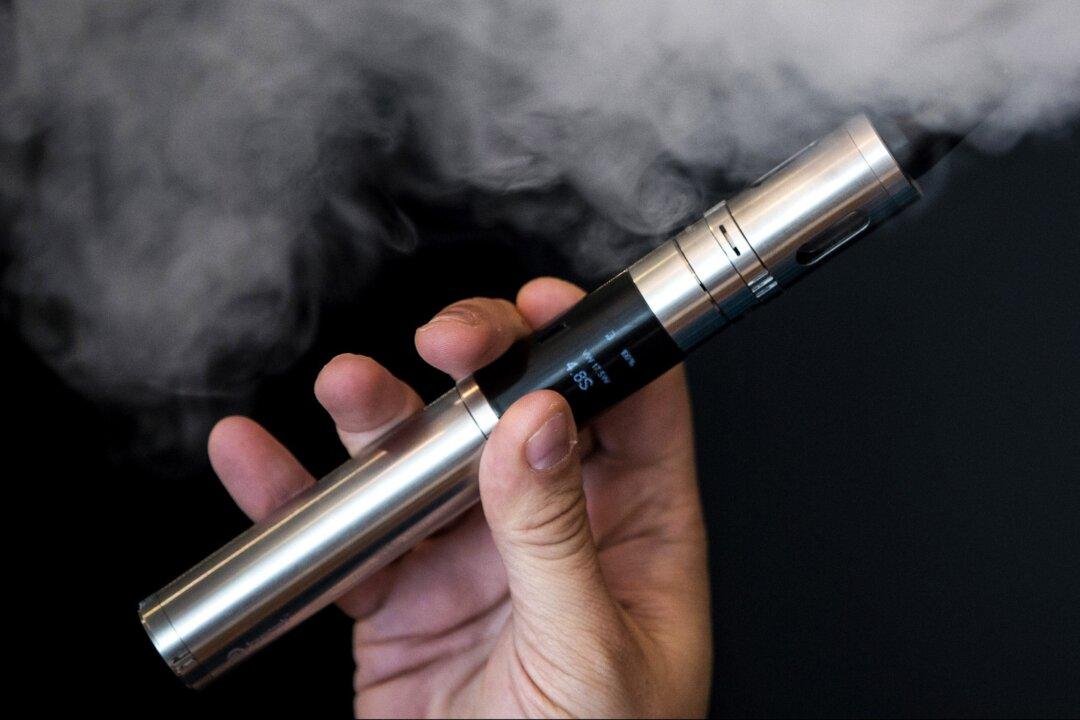The U.S. Food and Drug Administration announced sweeping new restrictions on flavored tobacco products, including the electronic cigarettes that are popular among teenagers, in an effort to prevent a new generation of nicotine addicts.
The much-anticipated announcement on Nov. 15 will mean that only tobacco, mint and menthol e-cigarette flavors can be sold at most traditional retail outlets such as convenience stores. Other fruity- or sweet-flavored varieties will now only be sold at age-restricted stores or through online merchants that use age-verification checks.





